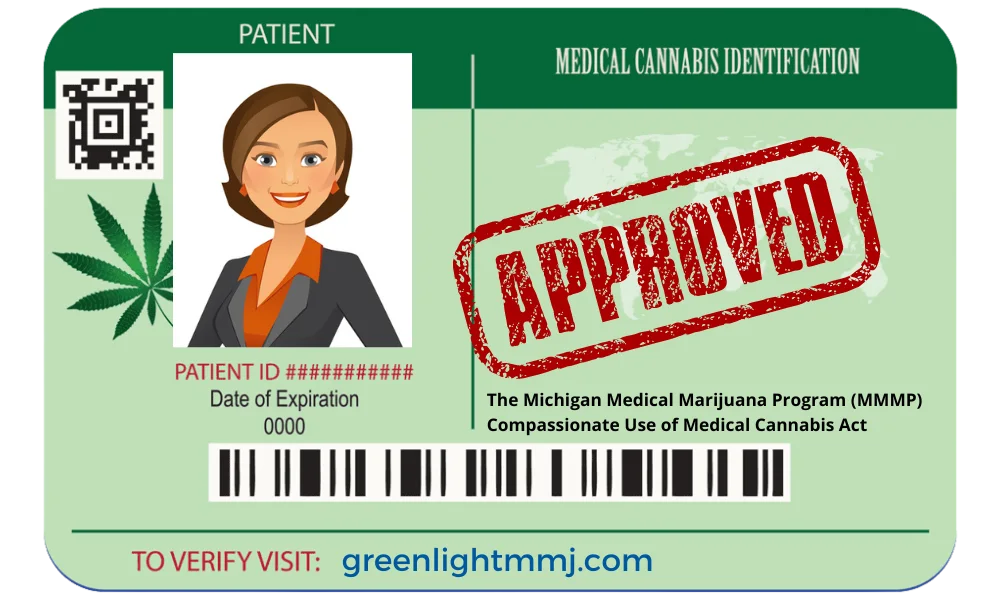Top Medical Marijuana Doctor Clinton MS for Expert Appointment
Top Medical Marijuana Doctor Clinton MS for Expert Appointment
Blog Article
Shedding Light on What Medical Cannabis Can Heal: an In-Depth Evaluation of Its Healing Characteristics
In recent years, there has actually been a growing rate of interest in the healing potential of clinical marijuana. While anecdotal evidence abounds, a detailed evaluation of the clinical information regarding the efficiency of clinical marijuana in dealing with these problems is required.
Persistent Pain Monitoring
Persistent discomfort monitoring continues to be a critical aspect of medical care, necessitating a comprehensive approach for effective treatment. Recently, clinical marijuana has become a potential therapeutic alternative for people experiencing chronic pain conditions. The endocannabinoid system, which plays an essential duty in discomfort inflection, has been targeted by cannabis-based treatments to enhance and minimize symptoms quality of life for people.

Moreover, medical marijuana offers an encouraging option for people that experience intolerable side results from standard pain medications. Its ability to attend to discomfort through a various system makes it a useful addition to the toolbox of treatments offered for chronic discomfort administration.
Epilepsy Therapy Prospective
Medical marijuana has shown promising capacity in the treatment of epilepsy, offering a novel healing method for managing seizures in individuals. Epilepsy is a neurological condition defined by reoccurring seizures, influencing individuals of any ages. Standard treatments for epilepsy include antiepileptic drugs, however these medications might not be reliable for all patients and can have substantial negative effects.
Study on making use of medical marijuana for epilepsy has exposed encouraging results. Cannabidiol (CBD), a non-psychoactive compound discovered in marijuana, has been particularly highlighted for its anticonvulsant buildings. Research studies have revealed that CBD can minimize the frequency and seriousness of seizures in people with treatment-resistant types of epilepsy, such as Dravet disorder and Lennox-Gastaut syndrome.
Moreover, the FDA has actually accepted a CBD-based medicine, Epidiolex, for the therapy of seizures related to these serious kinds of epilepsy. This milestone emphasizes the growing acknowledgment of clinical cannabis as a useful therapeutic alternative for handling epilepsy and provides wish for patients who have not reacted well to conventional treatments.
Nausea Alleviation Perks
The alleviation of nausea or vomiting with making use of marijuana has actually been progressively identified for its healing advantages in numerous medical problems. Nausea or vomiting and throwing up prevail symptoms experienced by people undergoing chemotherapy, those with gastrointestinal conditions, and individuals with persistent pain conditions. Clinical marijuana, with its energetic compounds such as THC and CBD, has actually shown pledge in offering remedy for queasiness.

Moreover, clinical cannabis supplies a natural option for her latest blog individuals who do not react well to typical anti-nausea medicines or that experience extreme negative effects from these drugs. People undertaking chemotherapy, specifically, have reported considerable renovations in their quality of life when utilizing cannabis to handle nausea. As research study around remains to expand, medical cannabis is increasingly being taken into consideration as a useful alternative for nausea alleviation in numerous clinical settings.
Anxiety Decrease Results
Research studies have demonstrated the potential of marijuana in reducing anxiousness signs and symptoms through its interaction with the endocannabinoid system. The endocannabinoid system plays a critical duty in regulating feelings, including stress and anxiety, by keeping homeostasis in the body. Cannabinoids in marijuana, such as THC and CBD, engage with the endocannabinoid receptors in the brain, particularly the CB1 and CB2 receptors, to regulate anxiety-related responses.
Patients with conditions like generalized anxiety problem (GAD), social anxiety condition, and trauma (PTSD) may profit from the anxiolytic residential or commercial properties of marijuana (Medical Cannabis Clinic). Further research study is required to identify optimal dosages, distribution methods, and lasting results on stress and anxiety monitoring.
Prospective for Inflammation Control
With its known anti-inflammatory residential properties, marijuana has revealed promise in potentially managing inflammation within the body. Swelling is the body's all-natural reaction to injury or infection, but when it comes to be persistent, it can add to numerous illness such as arthritis, inflammatory bowel illness, and also heart illness. Study recommends that the cannabinoids found in marijuana, such as THC and CBD, can help regulate the immune action and minimize inflammation.
Research studies have actually revealed that cannabis can engage with the endocannabinoid system, which plays a vital duty in regulating inflammation. By targeting the cannabinoid receptors, marijuana compounds can modulate the immune action, causing a decrease in inflammation degrees. This makes cannabis a potential candidate for handling inflammatory conditions where traditional treatments have failed.
Moreover, cannabis-derived items like CBD oil have acquired appeal for their Learn More Here anti-inflammatory homes, with lots of people utilizing them as a natural treatment for conditions related to swelling. While more study is needed to fully comprehend the devices behind cannabis's anti-inflammatory results, current findings reveal promising outcomes for the possible use medical cannabis in managing inflammation.
Conclusion
In this contact form verdict, clinical cannabis has actually revealed promising restorative residential properties in handling persistent pain, dealing with epilepsy, alleviating nausea or vomiting, lowering anxiousness, and regulating inflammation. Its prospective advantages in different clinical conditions highlight the relevance of further research and expedition into its medicinal use. The evidence suggests that clinical marijuana could be a useful alternative treatment alternative for people seeking remedy for a variety of problems and signs.
In recent years, clinical marijuana has arised as a possible healing option for people suffering from persistent pain conditions.Medical marijuana has actually shown encouraging capacity in the therapy of epilepsy, using an unique healing approach for taking care of seizures in individuals. As research study in this location proceeds to grow, clinical marijuana is progressively being thought about as an important choice for nausea or vomiting relief in different clinical setups.
In conclusion, clinical cannabis has actually shown appealing therapeutic properties in taking care of chronic discomfort, dealing with epilepsy, soothing nausea or vomiting, decreasing anxiety, and managing swelling. The evidence suggests that medical marijuana might be a beneficial alternative treatment choice for patients seeking relief from a variety of conditions and signs and symptoms.
Report this page